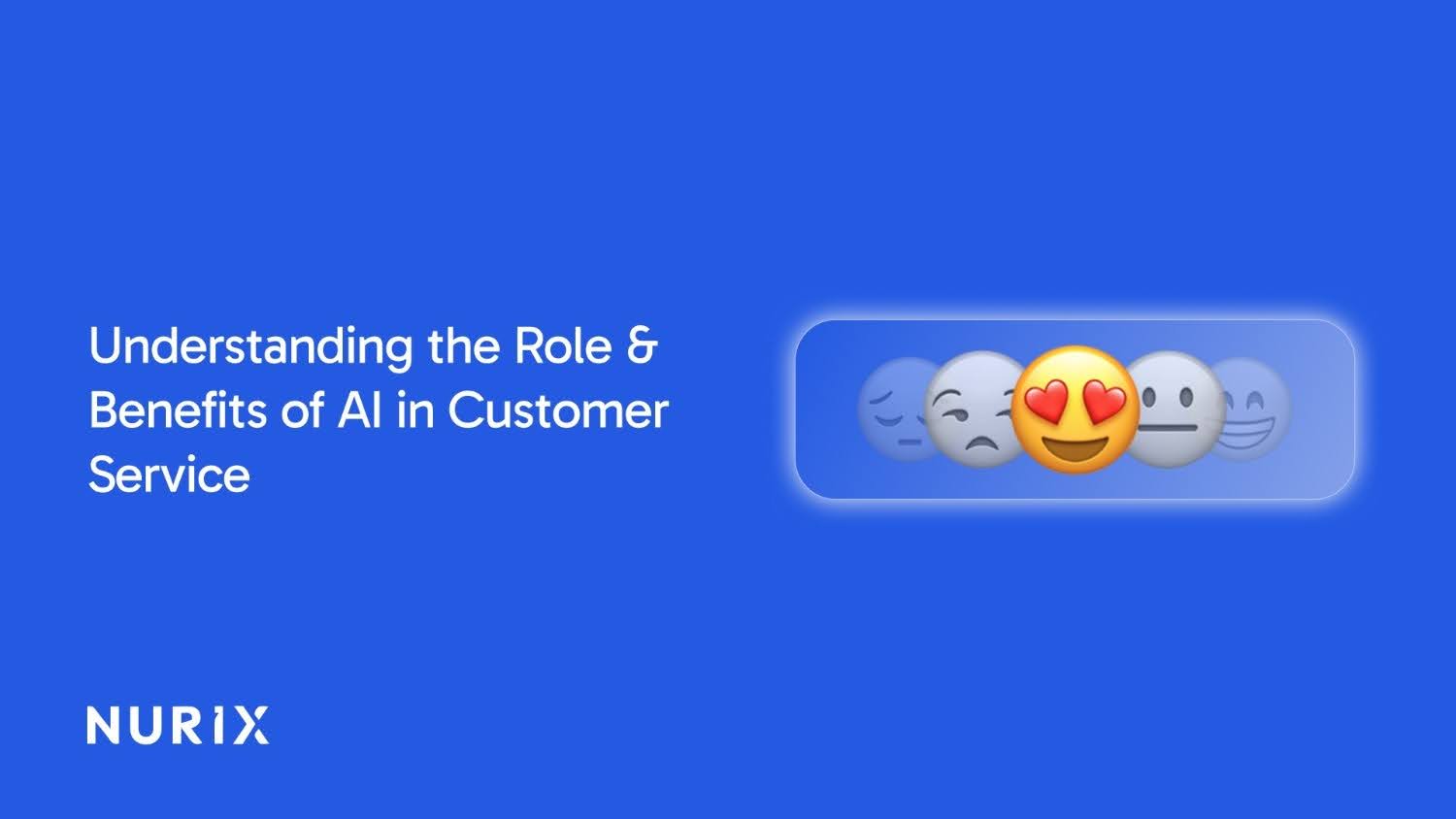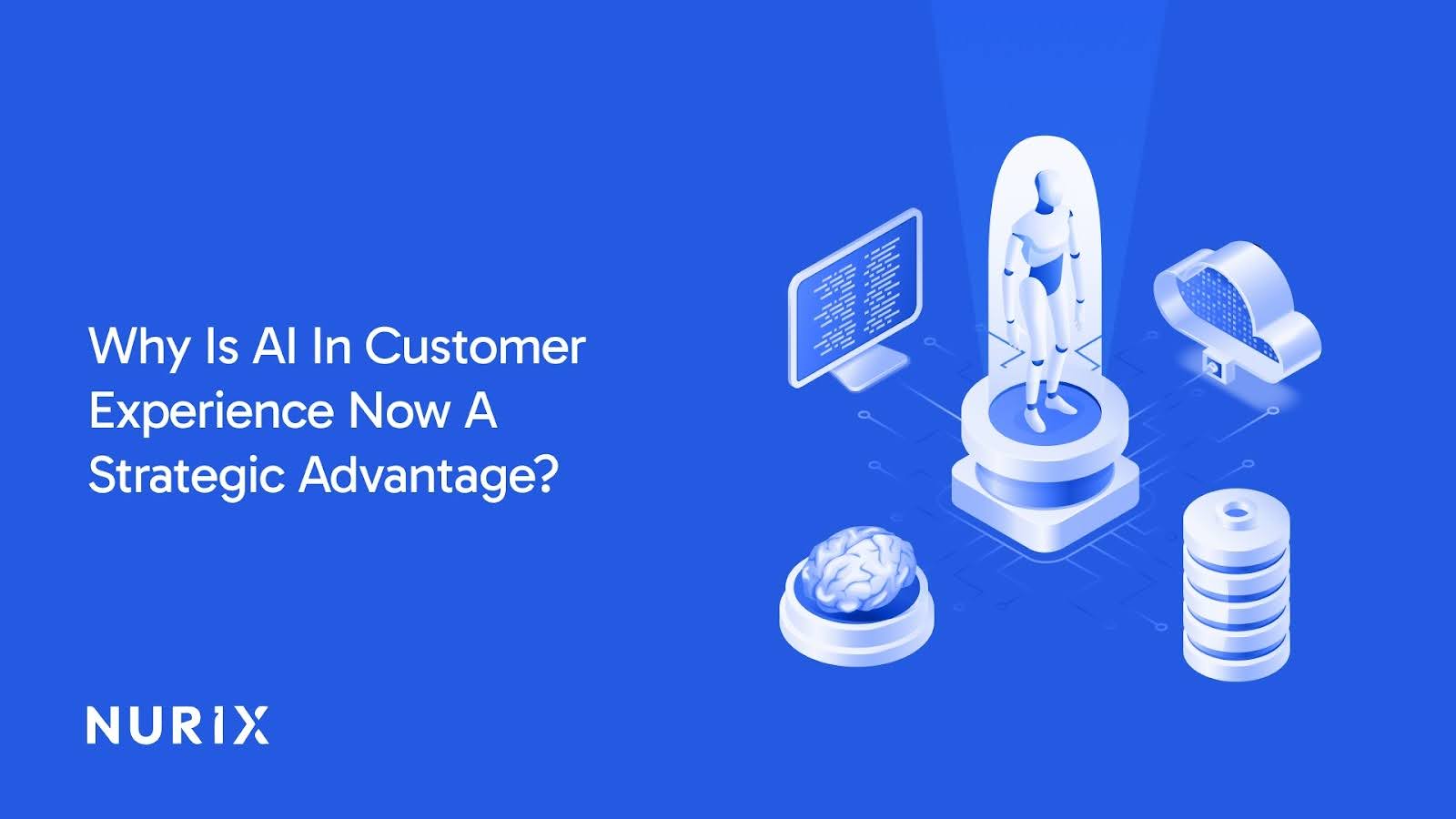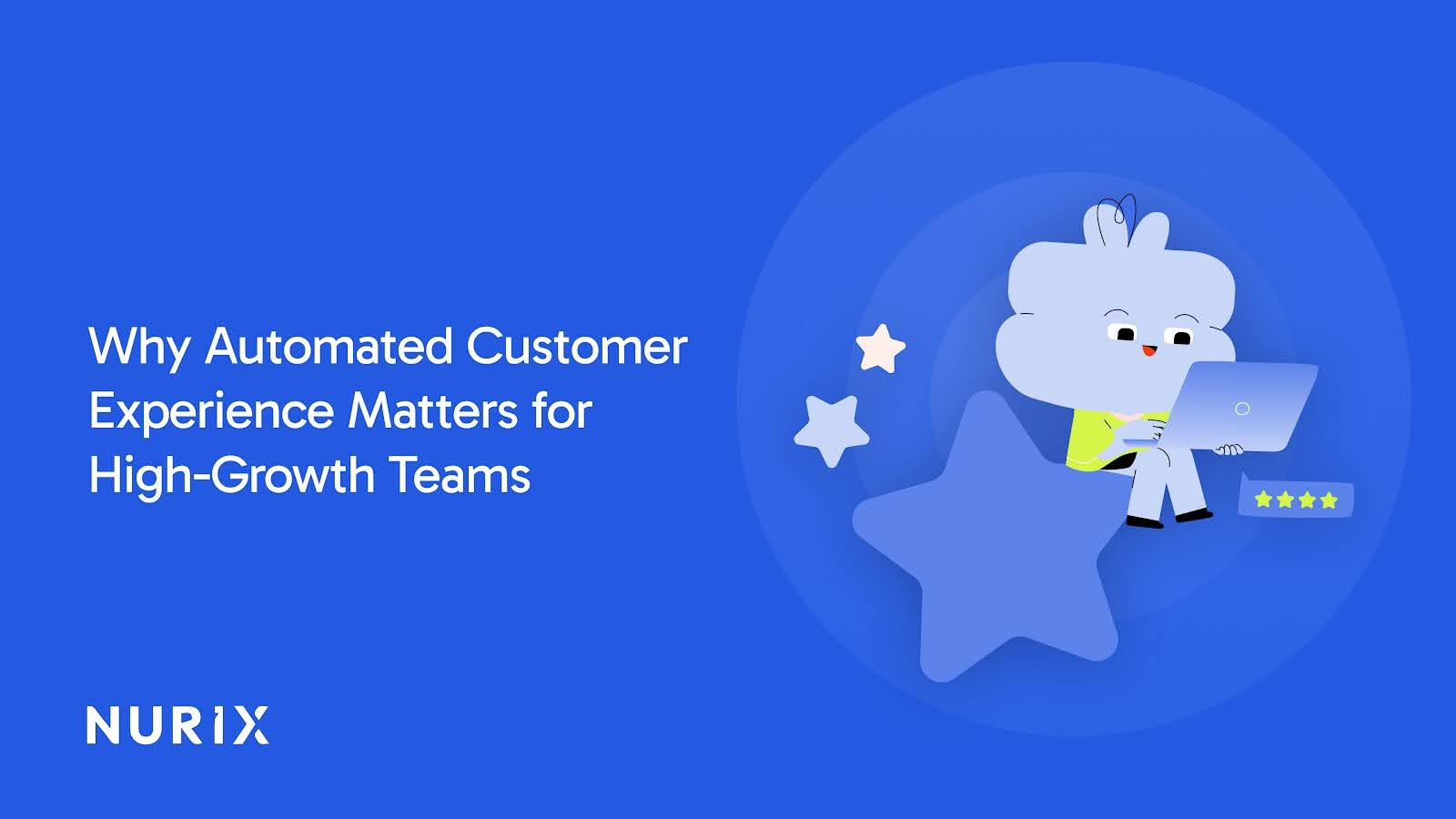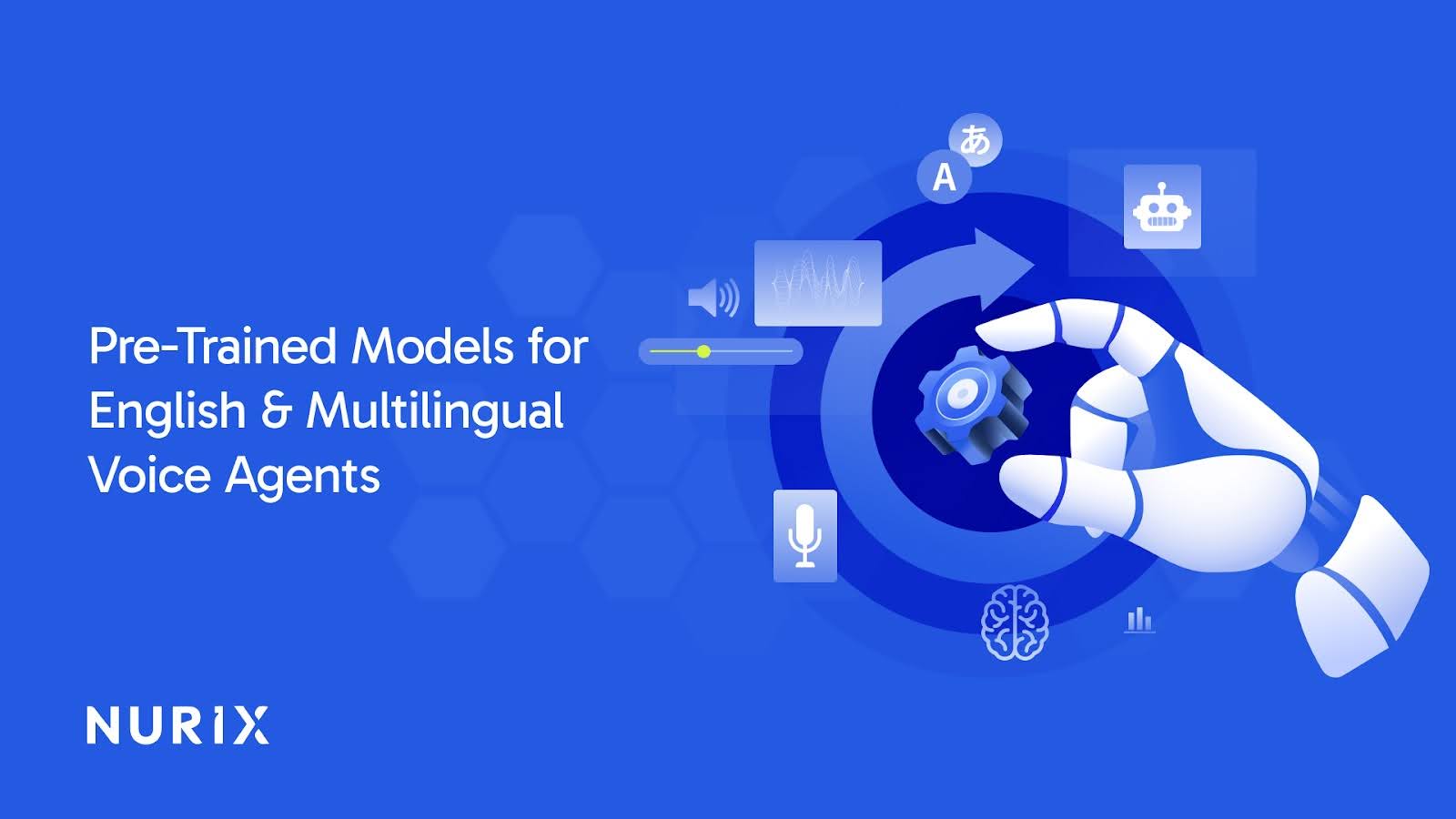In a world where 89% of customers switch to competitors after a poor service experience, customer expectations have reached new heights. Traditional support systems can't keep up. Human agents, no matter how skilled, can't scale or provide round-the-clock, consistent service for thousands of interactions. That's where AI steps in.
AI in customer service is not about replacing agents with chatbots. It's about creating an intelligent, responsive system that enhances every interaction. From understanding complex queries to anticipating customer needs, AI is transforming how businesses deliver support. This guide explores how AI-powered services work, their benefits, and how to build a solution that drives real business results.
At a glance
- AI is revolutionizing customer service by delivering 24/7 support, reducing costs by up to 30%, and providing instant, personalized responses across chat, email, and voice channels.
- Modern AI customer service leverages Large Language Models (LLMs), natural language processing, and machine learning to understand context, analyze sentiment, and continuously improve through real-time learning.
- Custom-trained AI models outperform generic solutions by 40-60% in accuracy when trained on company-specific data, industry terminology, and historical customer interactions.
- Successful implementation requires strategic planning across six key areas: pain point assessment, custom model training, cloud infrastructure selection, system integration, MLOps implementation, and team collaboration frameworks.
- Businesses adopting AI customer service report 51% faster response times, 60% cost reduction, and 35% improvement in customer satisfaction scores within the first year.
What is AI in Customer Service?
AI in customer service uses technologies like large language models (LLMs), natural language processing (NLP), and machine learning to automate, enhance, and personalize support across multiple channels. Unlike traditional systems, AI learns from each interaction, understands context, and improves over time.
Here’s how AI in customer service has evolved:
- Rule-Based Systems: Early systems relied on simple "if-then" logic and could only handle exact keyword matches, leading to frustrating, rigid interactions.
- NLP-Based Systems: The next generation added basic NLP, recognizing synonyms and slight phrasing variations, but still struggled with complex or nuanced queries.
- AI-Powered Support: Modern systems use large language models to understand context, handle ambiguity, and learn from every interaction. They adapt to business-specific language and customer communication.
By 2029, AI will resolve around 80% of customer service issues without any human intervention. How? Let’s find out.
10 Transformative Benefits of AI in Customer Service
AI-powered customer service adapts dynamically to each unique situation. It handles variations and unexpected queries gracefully, automatically improves through continuous learning, and personalizes responses based on customer history and sentiment.
Below are the top 10 benefits of AI in customer service:
1. 24/7 Availability Without Compromising Quality
AI-powered customer service provides consistent, high-quality support at all hours, meeting the growing expectation for 24/7 availability. Research shows 51% of customers now expect round-the-clock service, and AI makes this feasible without the cost of human staffing. It ensures instant assistance across time zones and addresses urgent issues immediately, boosting customer satisfaction and retention.
2. Dramatic Cost Reduction While Scaling Support
AI voice agents and chatbots saved businesses over $8 billion annually by 2024, handling thousands of interactions simultaneously at a fraction of the cost of human agents. This eliminates overtime, reduces training costs, and scales effortlessly during peak times, leading to a 30-60% reduction in operational costs while improving service quality and availability.
3. Lightning-Fast Response Times
AI responds in seconds, not minutes, processing requests faster than humans. Bank of America’s AI assistant, Erica, handles over 2 million daily interactions with an average response time of just 44 seconds, delivering personalized results faster than any human could.
4. Hyper-Personalized Customer Experiences
AI uses customer data, purchase history, preferences, and past interactions, to deliver tailored responses and recommendations. This level of personalization at scale was previously impossible with traditional service models, improving customer satisfaction and loyalty.
5. Seamless Omnichannel Support
AI tracks conversations across chat, email, and voice channels, ensuring customers never repeat themselves. Forbes reports that 71% of consumers expect consistent cross-channel experiences, yet only 29% receive them. AI bridges this gap by maintaining context and providing informed responses at every touchpoint.
6. Predictive Analytics for Proactive Problem-Solving
AI anticipates customer issues before they arise by analyzing behavior and product data. It enables businesses to reach out proactively with solutions, identify at-risk customers, and optimize services based on emerging trends, shifting customer support from reactive to proactive.
7. Enhanced Data Security and Compliance
AI systems ensure data security with end-to-end encryption, automated compliance with GDPR and HIPAA, and anomaly detection to identify potential breaches. AI can redact sensitive information and flag compliance risks faster than human oversight, essential for industries like finance and healthcare.
8. Multilingual Support at Scale
AI provides real-time translation and native-language support in dozens of languages, allowing businesses to serve international markets without hiring multilingual agents. This makes it easier for global businesses and smaller companies to expand their reach.
9. Reduced Human Error and Improved Accuracy
AI ensures consistent accuracy by following proper procedures, reducing errors in repetitive tasks, and maintaining uniformity in customer interactions. This consistency builds trust and prevents costly mistakes that can damage a brand’s reputation.
10. Actionable Insights from Customer Interactions
AI analyzes every customer interaction to uncover trends, identify product gaps, and measure customer sentiment. This data provides valuable insights for product development and business strategy, turning customer service into a strategic asset.
AI in customer service benefits both the overall customer experience and operational efficiency. Now we will see some real-world applications of AI in customer service in the next section.
How AI Powers Modern Customer Service Operations
AI is transforming customer service by streamlining operations, improving customer experiences, and driving better business results. Here are key use cases of AI in customer service:
Chatbots and Virtual Assistants
AI chatbots assist with tasks from basic inquiries to complex issues, reducing wait times and freeing up human agents for more challenging tasks. They provide 24/7 support, understand user input via natural language processing (NLP), and collect data on customer preferences to improve service.
For example, Amtrak’s chatbot, Julie, helps customers with ticket bookings and schedule information, enhancing satisfaction and efficiency.
Sentiment Analysis
AI-powered sentiment analysis uses NLP and machine learning to gauge the emotional tone of customer interactions. By categorizing text as positive, negative, or neutral, businesses can proactively address issues, improving customer satisfaction.
Airlines, for instance, can use sentiment analysis to identify negative feedback quickly and resolve problems like flight delays before they escalate.
Automated Ticket Routing and Assignment
AI-based automated ticket routing and assignment is a customer service technology that can efficiently direct customer inquiries and issues to the appropriate support agent or team. AI automatically categorizes, prioritizes, and routes tickets based on issue type and urgency, reducing resolution time by 40-50%. It ensures that complex issues are directed to specialized agents, while routine inquiries are resolved automatically.
With this, E-commerce companies can direct product queries to the inventory team, billing issues to finance, and technical support to IT, automatically, without manual sorting.
Automated Knowledge Management
In the customer service context, AI-powered knowledge management systems organize and deliver relevant information to agents in real-time, ensuring accurate, consistent responses. For example, IBM’s Watson-based solutions capture and analyze interactions to improve knowledge gaps and training in the telecom sector.
Large Language Models (LLMs) in Action
LLMs, such as GPT, can be trained on specific business terminology and industry jargon, enabling them to generate nuanced, contextually appropriate responses. Unlike basic chatbots, LLMs handle complex, domain-specific queries, making interactions feel more personalized and less robotic.
Voice AI for Natural Phone Interactions
Voice AI assistants such as Nurix AI have advanced beyond basic menu systems, now understanding natural speech patterns, handling interruptions, and seamlessly transferring to human agents with full context. This creates a smoother, more efficient phone support experience.
Email Automation with Context Understanding
You can automate email categorization and response generation with AI. This will reduce response times from hours to minutes while maintaining context and the personalized tone required in email support.
These AI-powered solutions are reshaping customer service. In the next section, we’ll discuss key considerations for implementing AI in your customer service operations.
What To Look Out For When Implementing AI In Customer Service
When it comes to implementing AI in customer service, it definitely has the potential to enhance the customer experience. However, it needs to be implemented thoughtfully to avoid potential pitfalls like:
Addressing Data Privacy and Compliance Requirements
AI systems must comply with regulations such as GDPR for European customer data, HIPAA for healthcare information, CCPA for California residents, and industry-specific requirements like PCI DSS for payment data. Ensure compliance through:
- Data encryption in transit and at rest
- Access controls and authentication
- Automated data retention and deletion
- Regular security audits and penetration testing
Partner with AI providers like Nurix AI, who offer compliance certifications and prioritize privacy-by-design to mitigate regulatory risk.
Managing Integration with Legacy Systems
Legacy systems often lack modern APIs, creating integration challenges. Overcome this by:
- Conducting API audits
- Implementing middleware to bridge old and new technologies
- Establishing data synchronization protocols
Start AI implementation in channels with minimal legacy integration, expanding as systems are modernized. Work with experienced providers to navigate complex enterprise environments.
Ensuring AI Accuracy with Domain-Specific Training
Generic AI models often struggle with specialized industries, technical products, or unique business processes.. Achieve higher accuracy by:
- Training AI on domain-specific datasets
- Creating feedback loops where agents flag errors
- Regularly updating training data
Businesses with comprehensive training achieve 85-95% accuracy, compared to 60-70% for minimally customized solutions.
Calculating and Maximizing ROI
Measure AI ROI through:
- Cost savings from reduced agent hours
- Revenue gains from improved satisfaction and retention
- Efficiency gains from faster resolution times
Track pre- and post-implementation metrics. Most businesses see positive ROI within 6-12 months. Focus AI on routine inquiries for maximum value, rather than replacing all human interaction.
Overcoming Operational Challenges with AI for Customer Service
Customer service teams struggle with maintaining 24/7 availability, improving response times, and controlling costs while managing high volumes of customer queries. Traditional systems often fail to meet customer expectations, leading to inefficiency and dissatisfaction. Without effective automation, teams face increased pressure to scale operations while maintaining personalized service.
Nurix AI addresses these challenges by automating tasks, speeding up responses, and delivering 24/7 support. AI enhances customer interactions with real-time analysis, personalized responses, and seamless integration across channels.
Key Features of Nurix AI for Customer Service Solutions:
- AI Agent Assist: Improves productivity by assisting teams in decision-making and streamlining tasks.
- AI-Driven Customer Engagement: Handles queries, recommends products, and resolves issues with minimal human input.
- Automated Data Analysis: Analyzes interactions to uncover trends and optimize decisions.
- Multilingual Support: Provides real-time translation to serve global customers.
- Voice AI with Biometric Authentication: Secures customer interactions with advanced voice recognition.
- Retrieval-Augmented Generation (RAG): Grounds responses in approved knowledge bases for accurate replies.
- Advanced LLM Integration: Utilizes top language models for precise, context-aware interactions.
- Omnichannel Integration: Ensures consistent service across voice, text, and email.
- End-to-End Encryption: Safeguards sensitive customer data at all interaction stages.
- Multi-Factor Authentication: Adds extra security layers to protect customer accounts.
- Compliance: Meets global regulations like GDPR and PCI-DSS.
- MLOps: Continuously improves performance with regular model retraining.
Transform Your Customer Service Now. Book a demo with Nurix AI today to explore how our AI solutions can enhance efficiency, improve satisfaction, and streamline your operations.











